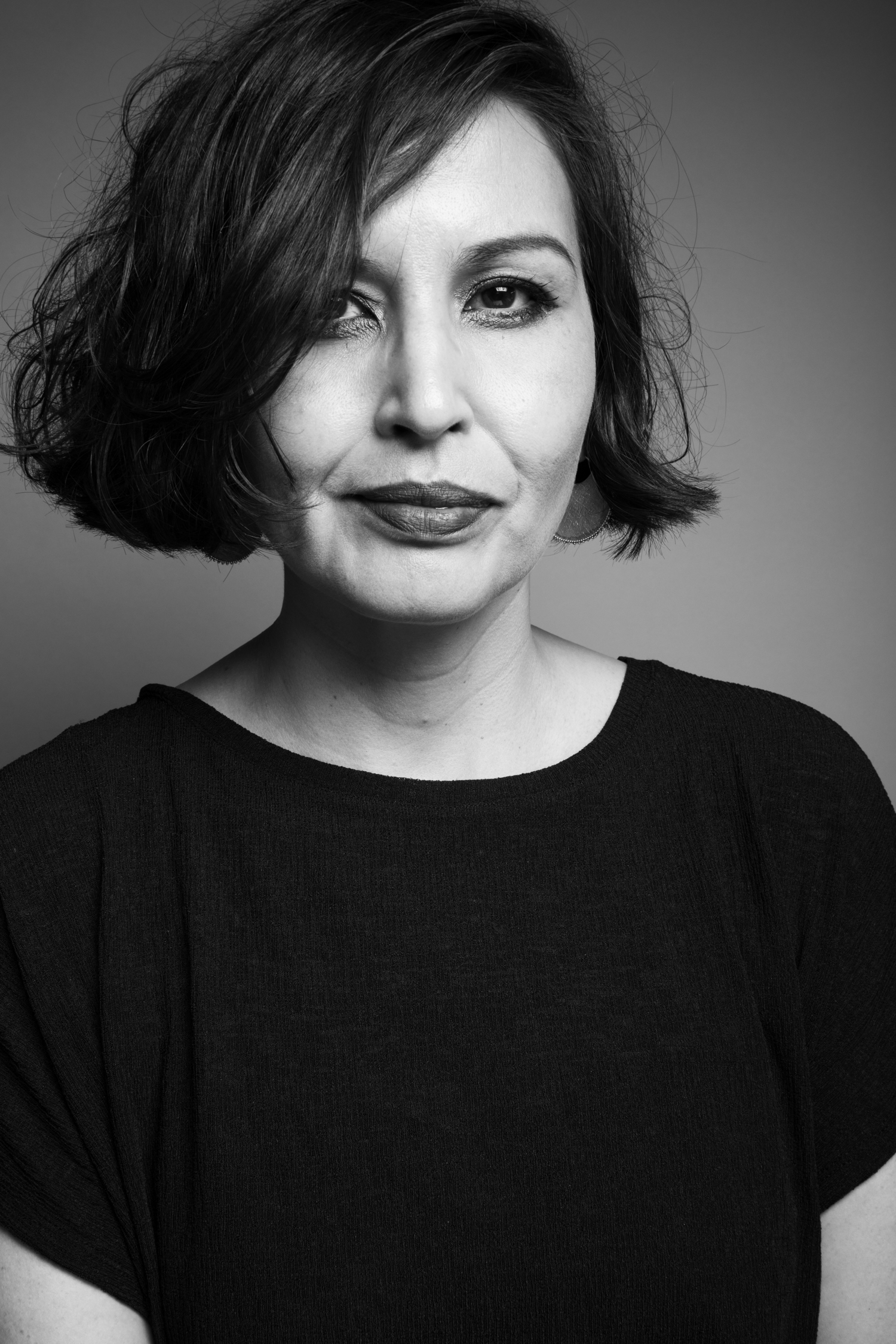Poetry committee chair Tess Taylor presented the citation to winner Layli Long Soldier for Whereas.
 In her audacious, unapologetic debut Whereas, Lakota poet and artist Layli Long Soldier writes about “dual citizenship”—as a member both of her tribe and of the United States. She says “In this … I must work, I must eat, I must art, I must mother, I must friend, I must listen, I must observe, constantly I must live.”
In her audacious, unapologetic debut Whereas, Lakota poet and artist Layli Long Soldier writes about “dual citizenship”—as a member both of her tribe and of the United States. She says “In this … I must work, I must eat, I must art, I must mother, I must friend, I must listen, I must observe, constantly I must live.”
Long Soldier also reminds us that “Everything is in the language we use.” But how do we live within languages whose historic function has so often been to dispossess?” In a poem that explores the erasure of “thirty-eight Dakota men who were executed by hanging, under orders from President Abraham Lincoln” we realize again how often Long Soldier’s work moves forward by tracing radical historic omission.
How now to write what has been omitted? “I am often/crouch ed in footnote or blazing in title./ Where in the body do I begin;” she asks. This question opens into a book whose wildlyinventive forms include narrative lyrics, cartographic explorations, prose poems, and bilingual lexicon. Long Soldier’s verses braid landscape, identity, loss, motherhood, history and oppression.
Long Soldier’s movement between collective and personal makes this book intimate and urgent. She has charted new ways to write in what’s left out—and not merely in the margins either.Whereas offers a powerful reckoning.
Photo by John Midgley.

